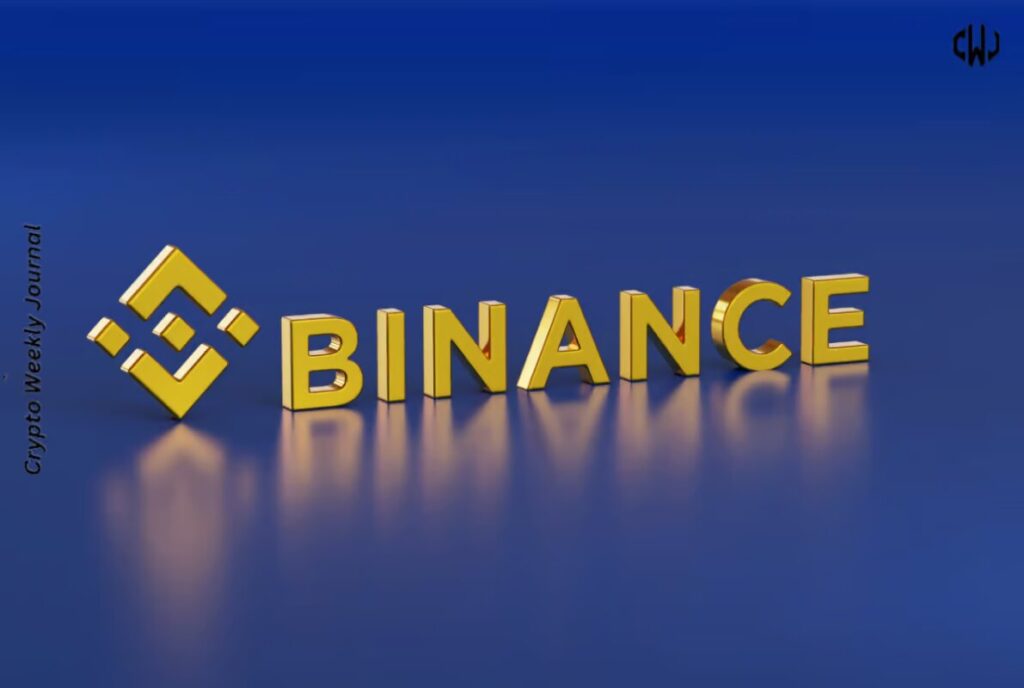- IMF urged Kenya to create clear crypto regulations to protect consumers and address AML/CFT risks.
- Kenya’s regulatory framework for crypto assets aims for implementation by April 2025.
- Authorities focus on aligning with global standards for transparency and effective oversight.
The International Monetary Fund (IMF) has advised Kenya to establish a clear regulatory framework for cryptocurrency. This move seeks to protect consumers as well as handle risks associated with Anti-Money Laundering and Combating the Financing of Terrorism. The team, at the invitation of Kenya’s Capital Markets Authority, visited Nairobi, led by IMF’s Monetary and Capital Markets Department and Legal Department.
During the mission, meetings were held with selected key authorities, such as the CMA, Central Bank of Kenya, and the National Treasury, to understand the underlying challenges of designing and issuing regulations among the private stakeholders. To this date, no draft crypto laws have been issued in Kenya, though acknowledging that a formal scheme is at least needed in order to avoid regulatory blank spots.
Warnings over crypto-related scams have been issued since 2015. Similarly, the CBK and CMA have warned the public about unregulated entities and fraud risks in the market. Events like the controversy over WorldCoin only underscore that this is something which must be subject to full scrutiny.
Government Sets Timeline for Crypto Framework
The Kenyan National Treasury, in November 2023, released a policy guidance toward the development of a regulatory framework on Crypto Assets and Service Providers, inspired by recommendations by the Eastern and Southern Africa Anti-Money Laundering Group.
To that end, it has set up a TWG to lead this process. This committee is an interagency task force and involves the membership of relevant agencies, chaired by the National Treasury and accompanied by CMA and CBK, among others. Included in the functions shall be assessing market sizing and risk adoption assessment. It is expected that the TWG will commence its work this coming March 2024, with recommendations by September 2024.
Kenya will have operationalized the framework by April 2025. This regulatory approach will clearly spell out the division of responsibility between authorities and the guidelines necessary for effective supervision.
Aligning With Global Standards
The IMF made strong calls for the Kenyan regulations to be compatible with international standards. It includes FATF recommendations and the IMF/World Bank Bali Fintech Agenda. They emphasized transparency to ensure clarity and enable effective oversight.
The crypto market in Kenya is mainly peer-to-peer, which has huge challenges. A recent survey depicted high crypto usage; this means there should be more granular market analysis. The IMF suggested robust data collection beyond questionnaires for the design of policy responses.
This will make Kenya a safe place for the development of crypto while eliminating regulatory uncertainties and aligning the country with international frameworks. The framework reduces risks while allowing the sustainable growth of the digital economy. The process reflects Kenya’s commitment to balancing innovation with responsibility.


